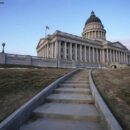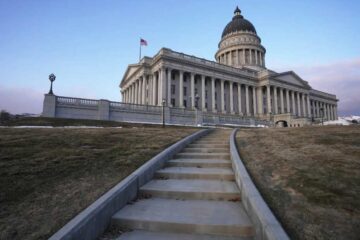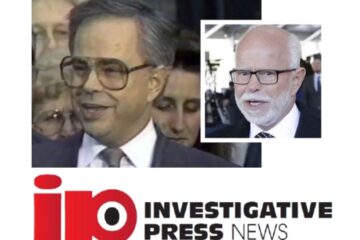Shorter Fed: Yeah, We Dropped the Ball On Silicon Valley Bank
NOBODY SHOCKED TO LEARN FROM FEDERAL RESERVE THAT THEY DID, IN FACT, DROP THE BALL ON SVB COLLAPSE
The Federal Reserve’s report on the collapse of Silicon Valley Bank is about what you’d expect. The shorter version says it all: regulators dropped the ball, which is the primary reason for the bank’s demise and various method actors screaming that the sky is falling while opportunists shrug and look for elbow room to move. Yes, the Fed really should have been paying more attention to the bank before its death throes were obvious. And yes, SVB was poorly run, to the degree that it guaranteed its numeric implosion. But an even bigger yes? The Fed’s very own lack of regulatory strength encouraged the bank’s bad management.
Read More: Republicans Hope No One Notices As They Delete Bud Light Criticism
SILICON VALLEY BANK COULD HAVE BEEN JUST THE FIRST OF MANY BADLY MANAGED DOMINOES TO FALL
To be fair, the report itself doesn’t reflect well on anyone involved. The Fed itself looks bad, and the bank’s managers look even worse. But let’s all be honest here. SVB’s managers were only able to be so inept because the Fed’s current teeth aren’t sharp enough to encourage good bank business behavior. In fact, the lessening of financial regulation of banks set the stage for SVB’s collapse. And the fact that the Fed bailed the bank out is an even worse look that is also very telling. It means a lot of things. But the fact that the Fed acted so quickly to bail them out shows that there was, and is, a fear that other banks could go the same way, like dominoes.
Related:
Train Cab Video of Norfolk Southern Train Derailment in Ohio is Missing
AFTER SILICON VALLEY BANK COLLAPSE, WILL OTHER BANKERS DO A BETTER JOB, OR WAIT TO BE BAILED OUT BY THE FED?
So yes, the report is bad and nobody looks good as a result. And yes, the Fed promises to do better oversight of the banking industry. But don’t be fooled. The bailout and whatever happens in the short term regarding stricter regulation is merely a band-aid. Until elected officials in Washington make tighter bank regulation a priority, we won’t see any intrinsic change for a more stable banking industry that would diminish bank executives’ ability to pad their very generous salaries. In other words, these brilliant businessmen know that there is a new line they can’t cross, and SVB was the Canary in the Coal Mine for our current “serious” state of regulatory affairs.
So what’s the worst that could happen? A bank is run so poorly that it goes under, and the Fed bails them out, encouraging more bad behavior? It appears that has already happened.








